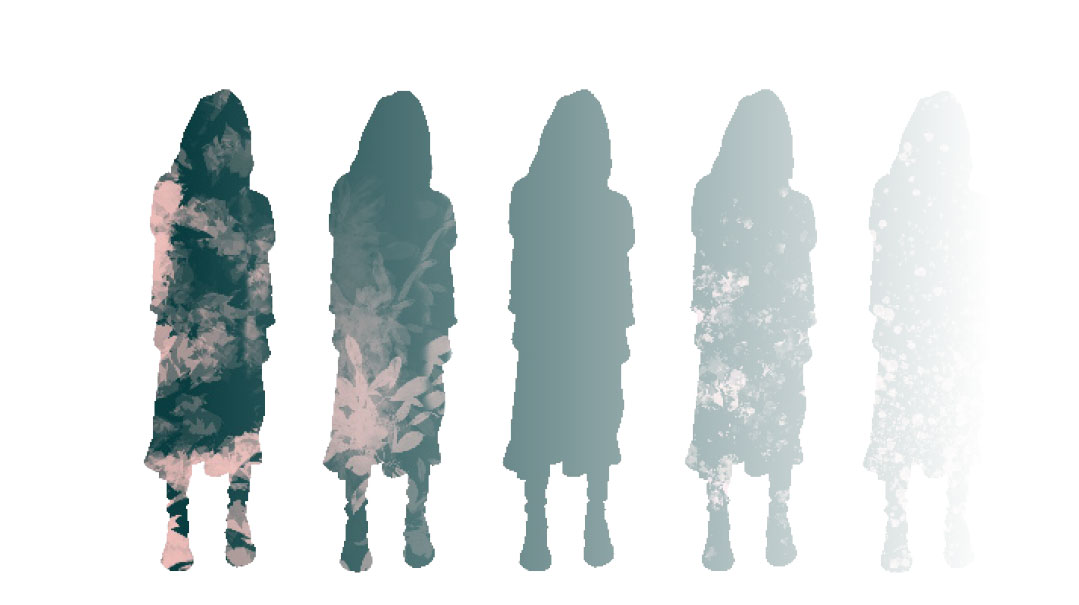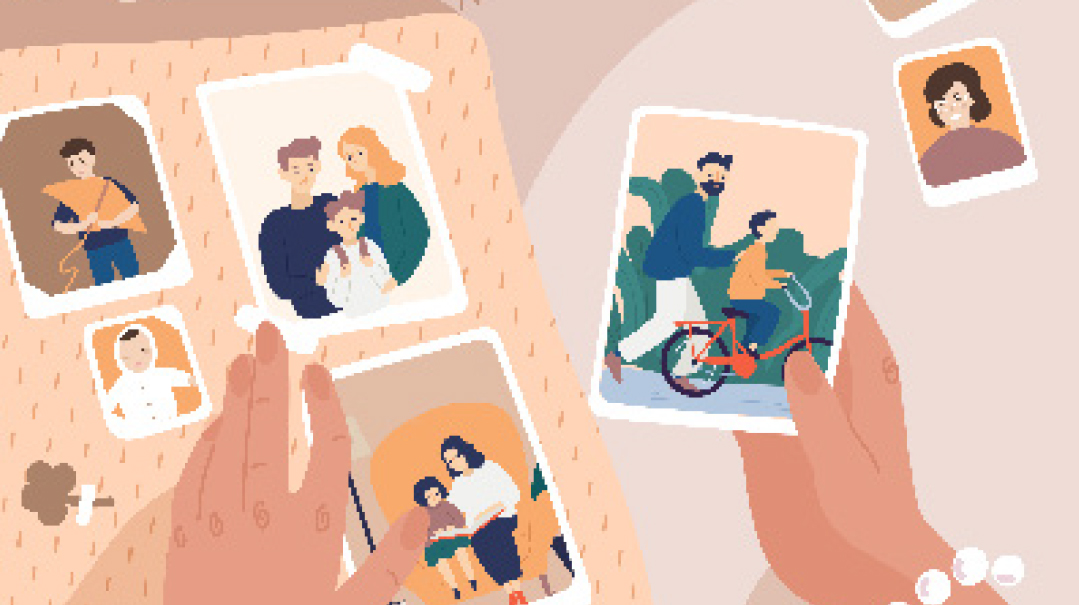A Different Generation
| September 23, 2020Something inside me twists. I’ve spent all week preparing for the end of a life, yet this is even harder to reconcile

“Tell me something about Zeide,” I ask my aunt.
We’re sitting at my grandfather’s bed, listening to the swoosh, release, swoosh, release of his oxygen tank, watching his chest rise and fall. The morphine in the clear bag above his bed slides through the IV line and, one drip at a time, it enters his arm. It’s meant to keep him calm, keep him asleep, keep him out of pain.
We’ve been at his bed for over a week, a rotating cast of children, grandchildren, and greats, here to say Tehillim and call the family in case something changes.
“What do you want to know?” my aunt asks. Anything, I tell her. I want to hear the stories that make my zeide’s shrinking form feel closer to life than death.
“No matter how busy he was preparing for his shiurim, he always had time for us,” she says. “People say his first love has always been Torah, but I’d like to think that he loved his children even more.”
I inhale and exhale in rhythm with the oxygen tank, staying silent so she’ll continue talking.
“Did you know that there was another child?” she asks suddenly.
My breath catches. I pull away from my grandfather’s bed and stare at her.
“What do you mean?”
“Between me and your mother, Bubbe and Zeide had another girl. She lived for a few months, but she never made it home from the hospital.”
Something inside me twists. I’ve spent all week preparing for the end of a life, yet this is even harder to reconcile.
“Your mother never told you?” my aunt asks.
I search for my grandfather’s cool hand under the pile of blankets, then shake my head as I clasp my arm around his.
“Makes sense,” she continues. “I never told my kids either.”
Then she shares all she knows about the aunt we’d never heard of — and she knows so little because my grandparents never even mentioned the child they’d lost.
“I only found out once I was married because Tante Shula brought it up by mistake.” Pause. “Her name was Chaya.”
When my shift with my grandfather ends, I take a detour past my parents’ house. I tread the path I’ve walked a million times and I wonder so many things. Each thought loops back, and when it reaches the start, it breaks my heart all over again.
I think about the perfect family — three girls and three boys — that I always thought my mother had. I think about my grandparents losing a child in a generation when people mourned quietly and alone. And I think about my aunt who no one knew.
She was born — and passed away — during a time when people didn’t actively remember children like her. I wonder how things would be different if she were born in today’s generation. Would they have set something up in her memory? Would we have grown up speaking about her? Would we have given her name to our children?
My father opens the door for me and asks how Zeide is doing. “Baruch Hashem,” I tell him. “Still holding on strong.”
I sit down on the couch near my mother and wonder if I’m about to hurt her.
“I heard something when I was at Zeide’s today,” I say. “About your sister — Chaya.” Something on my mother’s face shades over and the corners of her eyes turn down.
“What did you hear?” Her voice is so soft that I barely recognize it.
Not much, I tell her, just that she existed and what her name was. But I want to understand.
“I don’t know anything else,” my mother says. “It’s not something we talk about really.” And with that, the conversation ends. I feel bad for reminding my mother of something painful — and I feel bad for the poor child no one wants to remember.
It was a different generation, I remind myself, thinking about the discussions I’ve had with friends who miscarried or lost infants — all of which would probably shock my grandparents.
Some things we just don’t talk about, they firmly believe. I imagine the little girl watching as the years since her passing melded together, as everyone forgot her, and I wondered how she felt to be ignored.
That night, as my uncles sang his favorite tunes from tefillah, my grandfather’s body and soul separated. We were all in the room with him, and as my uncle choked out the final words of Vidui, I looked up and around, wondering where Zeide’s neshamah was hovering and who had come to greet him.
“He’s going to be with Bubbe again,” I console my sister when she buries her head into my shoulder.
“And Chaya,” she adds. I wonder if that’s something Zeide thought about in his last years — if he thought about her at all. It was a different generation, I repeat and repeat.
They were people marked by surviving a war. They didn’t talk, they didn’t share, and they didn’t remember. They couldn’t afford to, not when almost every memory came with pain that could drown them. So instead, they kept their heads high and their eyes gazing ahead. They only looked toward the future.
Before I leave the shivah house that night, I pick up my zeide’s cracking Tehillim so I can say a few kapitlach. I want to read from the same lines he ran his fingers over time and time again.
Back in the days when my grandfather could still talk, I used to go through the first page with him. In careful print, he’d written the names of each family member he lost in the war so that, when it came time for his daily Tehillim, he could have them in mind as an aliyah for their neshamos.
“Dos is mein mamme’s nomen,” he would point, “and this is the grandmother who lived down the block. She and I were very close…” It’s hard for me to look at the front page of that Tehillim and not miss Zeide.
It’s small but so present that it’s strange I never noticed it before.
In the bottom corner of the page, there’s a ches, a yud, and a little dash spelling “Chaya.”
How did I ever think he could forget her?
I picture my zeide sitting on his lounge chair, eineklach building their block towers at his feet, opening up his Tehillim to the name of the daughter he lost decades before. It wasn’t to us, and it wasn’t in the language we knew him to use, but my grandfather spoke about his lost daughter every time he davened from his Tehillim.
Maybe, if she’d been born today, we’d all know her name, but keeping secrets doesn’t mean forgetting. If anything, secrets mean burdening yourself to be the only one who remembers. I wipe the tear that’s fallen near her name.
Before I close the leather cover again, I say a short kapitel, and have in mind an aliyas neshamah for my grandfather. He’s with Bubbe again, I console myself.
Then I remember what my sister said at the levayah. And, finally, after decades, he’s reunited with his daughter.
(Originally featured in Family First, Issue 711)
Oops! We could not locate your form.












